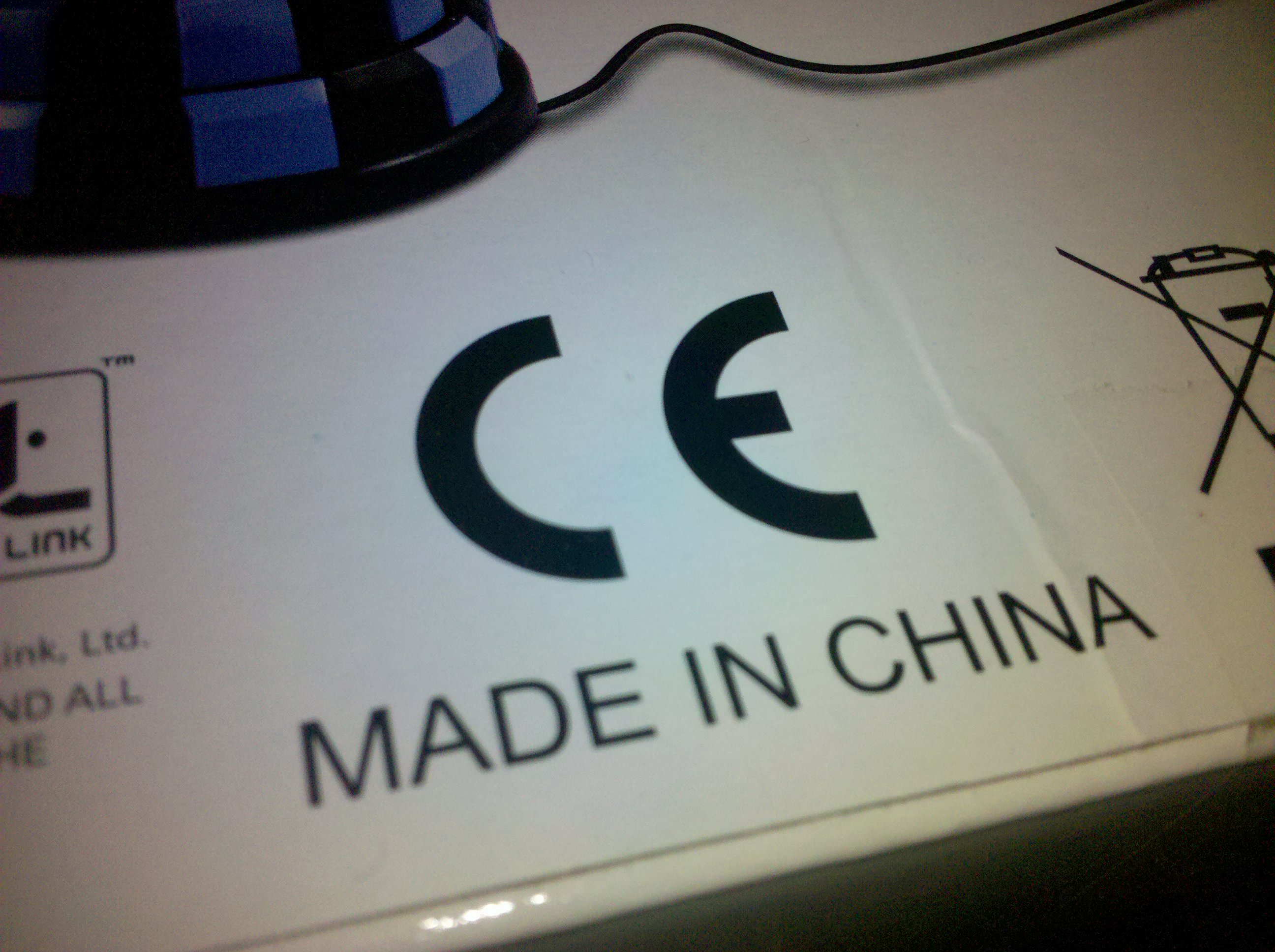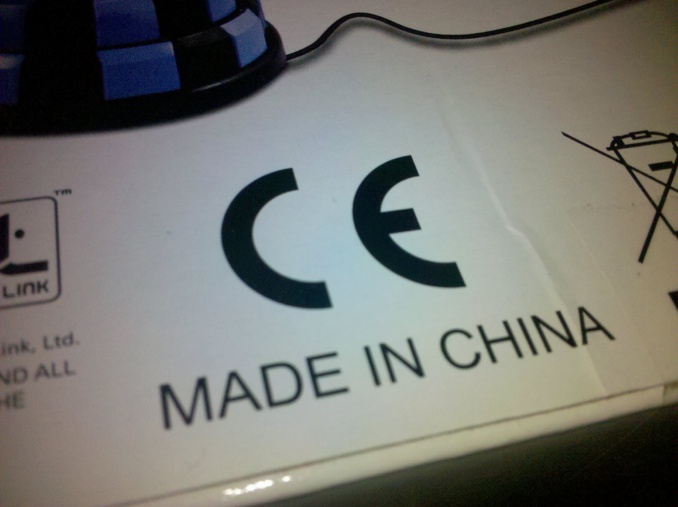The US Department of Commerce announced the final decision that aluminum foil from China is sold at dumping prices in the United States and that Chinese producers benefit from subsidies provided by Beijing.
The Ministry reported that anti-dumping and countervailing duties will be levied on a number of Chinese firms. The amount of anti-dumping duties will range from 48.64% to 106.09%, anti-subsidy tariffs will be set at the level of 17.14% to 80.97%.
"This administration is committed to fair and mutually beneficial trade, and we will not allow American workers and businesses to suffer from unfair imports," the Commerce Secretary Wilbur Ross said in the statement.
China expressed "strong discontent" with this step and intends to take the necessary measures to protect its legitimate rights and interests in this matter, the statement of the Ministry of Commerce of the country says.
"The US ignored the WTO rules and caused serious damage to the interests of Chinese aluminum foil exporters," said Wang Hejun, head of the Trade Remedy and Investigation Bureau of the Ministry of Commerce of the PRC.
According to him, the US Department of Commerce made the wrong decision to impose high fees "without any evidence" and used "unreasonable and excessive" trade protection measures.
In 2016, the import of aluminum foil from China was estimated at about $ 389 million, according to the data of the Ministry of Commerce.
President of the United States Donald Trump should soon decide whether to impose much broader duties on the import of steel and aluminum in the framework of the national security investigation.
Earlier this month, US Secretary of Commerce Wilbur Ross said that the country could impose duties on the import of aluminum and steel, including a duty of at least 24% on imports of steel from all countries.
Instead of imposing duties on all imports, Trump can choose a rifle approach, Ross suggested at a meeting with lawmakers. For example, President could impose duties at a rate of 53% on imports of steel from 12 countries. This list, in particular, includes China, Russia, India and South Korea, except for countries such as Japan, Germany and Canada.
With regard to aluminum supplies, the US Department of Commerce proposed to introduce a 7.7% duty on imports from all countries, or a duty of 23.6% for all products from China, Hong Kong, Russia, Venezuela and Vietnam.
Another proposed option is the introduction of a total supply quota of 63% of each country's steel exports in 2017 and a quota of 87% of aluminum exports to the United States.
American steel companies and steelworkers' unions are pushing US President Donald Trump to fulfill his promise to protect industry.
For many years, China's trading partners have been complaining that its industry is unfairly benefiting from government subsidies, through which the country sells its products at below-market prices.
On Tuesday, the White House said that Trump's three chief economic advisors would meet with Xi Jinping's chief economic adviser this week. The Ministry of Foreign Affairs of China on Monday said that the meeting will discuss "China-US relations and trade and economic cooperation between the two countries."
source: reuters.com
The Ministry reported that anti-dumping and countervailing duties will be levied on a number of Chinese firms. The amount of anti-dumping duties will range from 48.64% to 106.09%, anti-subsidy tariffs will be set at the level of 17.14% to 80.97%.
"This administration is committed to fair and mutually beneficial trade, and we will not allow American workers and businesses to suffer from unfair imports," the Commerce Secretary Wilbur Ross said in the statement.
China expressed "strong discontent" with this step and intends to take the necessary measures to protect its legitimate rights and interests in this matter, the statement of the Ministry of Commerce of the country says.
"The US ignored the WTO rules and caused serious damage to the interests of Chinese aluminum foil exporters," said Wang Hejun, head of the Trade Remedy and Investigation Bureau of the Ministry of Commerce of the PRC.
According to him, the US Department of Commerce made the wrong decision to impose high fees "without any evidence" and used "unreasonable and excessive" trade protection measures.
In 2016, the import of aluminum foil from China was estimated at about $ 389 million, according to the data of the Ministry of Commerce.
President of the United States Donald Trump should soon decide whether to impose much broader duties on the import of steel and aluminum in the framework of the national security investigation.
Earlier this month, US Secretary of Commerce Wilbur Ross said that the country could impose duties on the import of aluminum and steel, including a duty of at least 24% on imports of steel from all countries.
Instead of imposing duties on all imports, Trump can choose a rifle approach, Ross suggested at a meeting with lawmakers. For example, President could impose duties at a rate of 53% on imports of steel from 12 countries. This list, in particular, includes China, Russia, India and South Korea, except for countries such as Japan, Germany and Canada.
With regard to aluminum supplies, the US Department of Commerce proposed to introduce a 7.7% duty on imports from all countries, or a duty of 23.6% for all products from China, Hong Kong, Russia, Venezuela and Vietnam.
Another proposed option is the introduction of a total supply quota of 63% of each country's steel exports in 2017 and a quota of 87% of aluminum exports to the United States.
American steel companies and steelworkers' unions are pushing US President Donald Trump to fulfill his promise to protect industry.
For many years, China's trading partners have been complaining that its industry is unfairly benefiting from government subsidies, through which the country sells its products at below-market prices.
On Tuesday, the White House said that Trump's three chief economic advisors would meet with Xi Jinping's chief economic adviser this week. The Ministry of Foreign Affairs of China on Monday said that the meeting will discuss "China-US relations and trade and economic cooperation between the two countries."
source: reuters.com



















